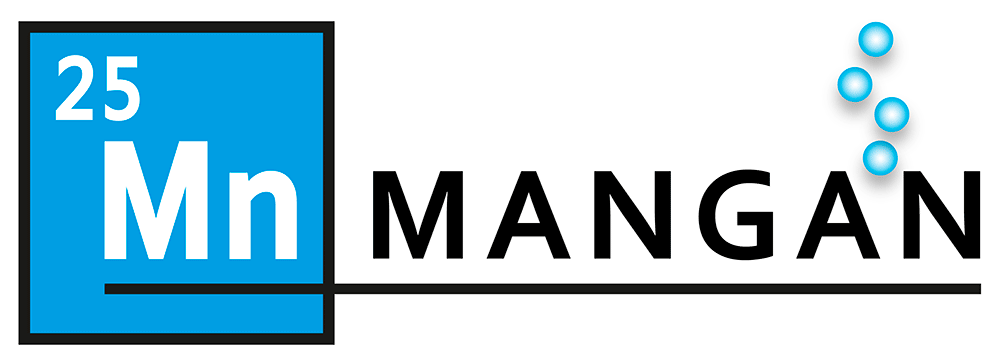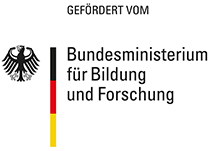MANGAN – Catalysts for electrochemical water splitting
The generation of hydrogen from electrochemical splitting of water, electrolysis, is without doubt one of the key technologies in a sustainable energy scenario [1-3]. The technical application is, however, still hampered by e.g. the high cost of electrocatalysts based on noble metals. There is, hence, a considerable effort undertaken to replace these catalysts with lower-cost catalysts based on earth-abundant materials such as iron, carbon, or manganese.
The MANGAN project is dealing with manganese-based compounds as electrocatalysts for electrochemical water splitting. The project is funded by the German Ministry of Research and Education (BMBF). The aim of the project is not so much a device but to understand the fundamentals of electrochemical water splitting by manganese-based catalysts in various formulations. The underlying structure-function relationships play a central role in this endeavor. The question that the MANGAN project seeks to answer is whether and, if so, under which boundary conditions manganese-based compounds might have the potential to replace existing but pricey water splitting catalysts on the basis of noble metals.
MANGAN comprises 15 sub projects and 25 research groups from Fritz Haber Institute of the Max Planck Society, Helmholtz-Zentrum Berlin, Max Planck Institutes for Iron Reasearch and for Chemical Energy Conversion, the technical universities of Aachen, Berlin, and Darmstadt, as well as the universities of Bochum, Duisburg-Essen, Erlangen-Nürnberg, Freiburg, Gießen, and Mainz and a partner from industry.
A topic of such complexity as the electrochemical water splitting requires project partners from a broad range of expertise. The expertise of the project partners includes synthesis of diverse manganese-based compounds such as well-defined manganese oxides or manganese-impregnated carbon composites, new electrode architectures and substrate materials, fundamental electrochemistry and standardized measurements, high-end spectroscopic techniques and theoretical modelling.
You can find more information on MANGAN on this site or at
Max Planck Institute for chemical energy conversion
Stiftstraße 34-36,
45470 Mülheim a. d. Ruhr, Germany
Dr. Marc Tesch
marc.tesch@cec.mpg.de
Telefon +49-208-306-3730
[1] R. Schlögl, ChemSusChem 3, 209 (2011)
[2] J. O. M. Bockris, Int. J. Hydrogen Energy 38, 2579 (2013)
[3] I. Katsounaros, S. Cherevko, A. R. Zeradjanin, K. J. J. Mayrhofer, Angew. Chem. Int. Ed. 53, 102 (2014)
MANGAN – database
One of the core pieces of MANGAN is an electrochemical standard measurement that allows for a standardized evaluation of the catalytic performance of a new material. These standard measurements are compiled in a common database. The entries are complemented with further structural and spectroscopic analysis. From the database it will eventually be possible to draw conclusions on the underlying structure-function relationships.
To log in to the database, please click on the button above. (internal users only)

